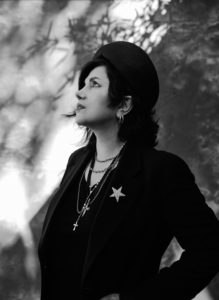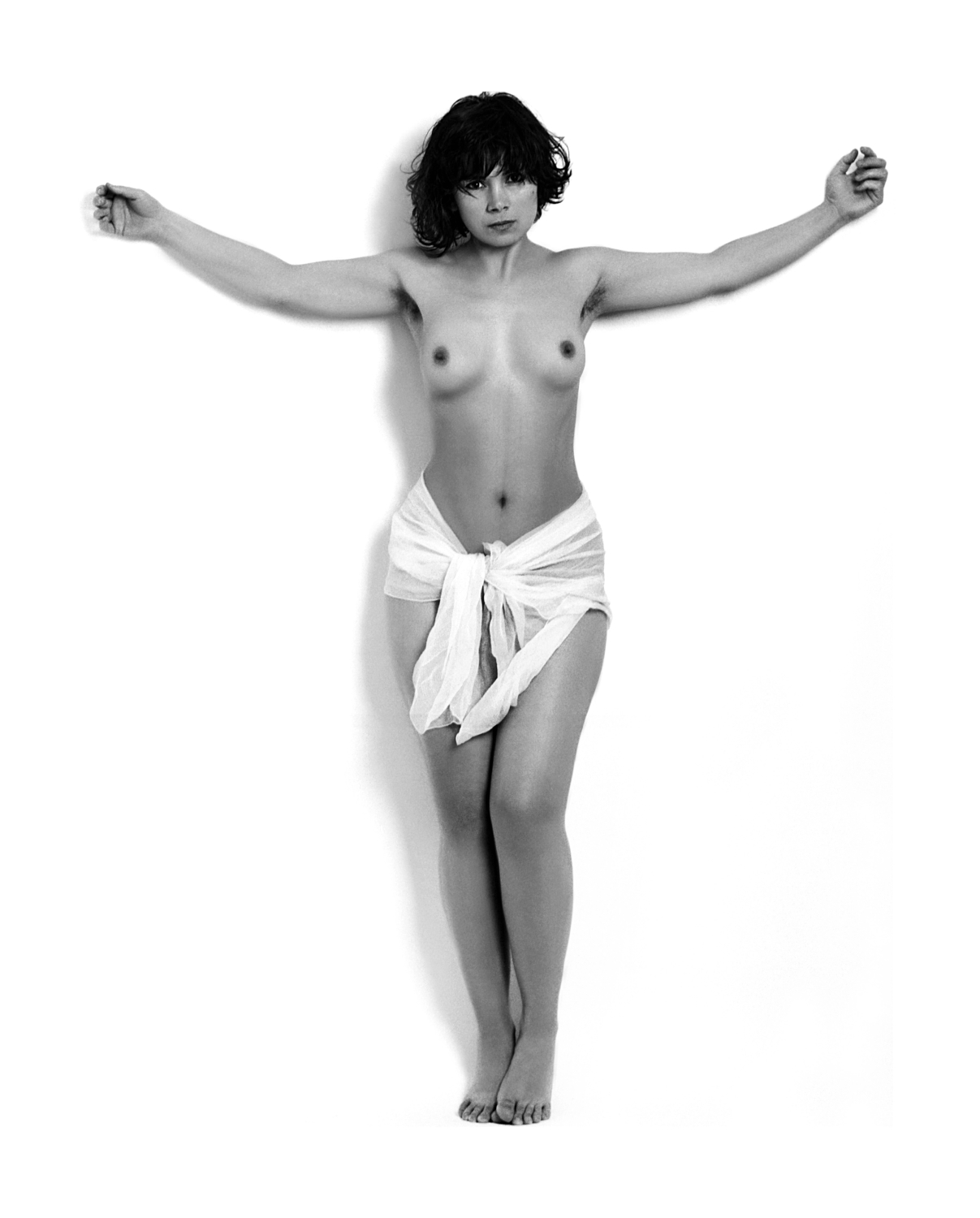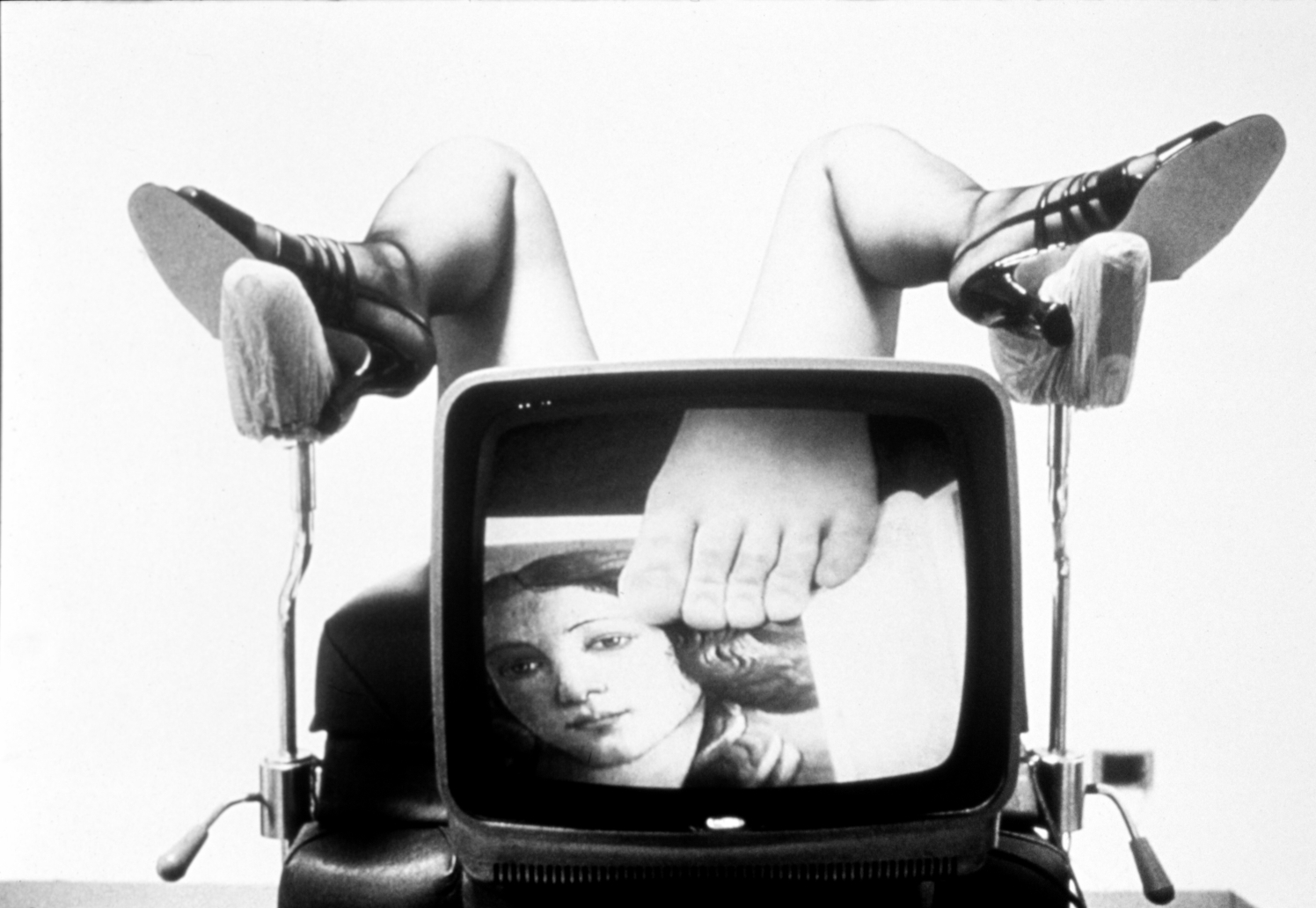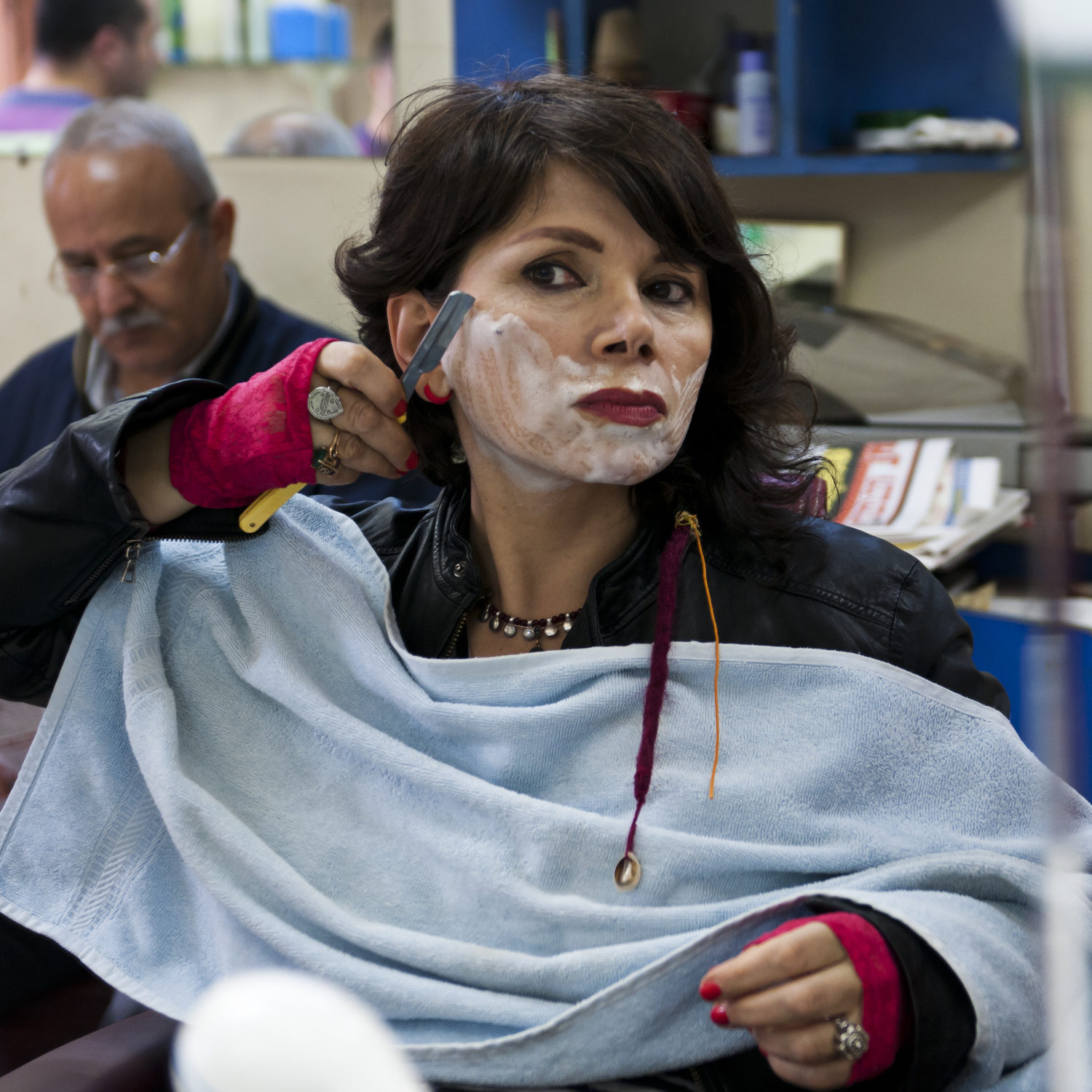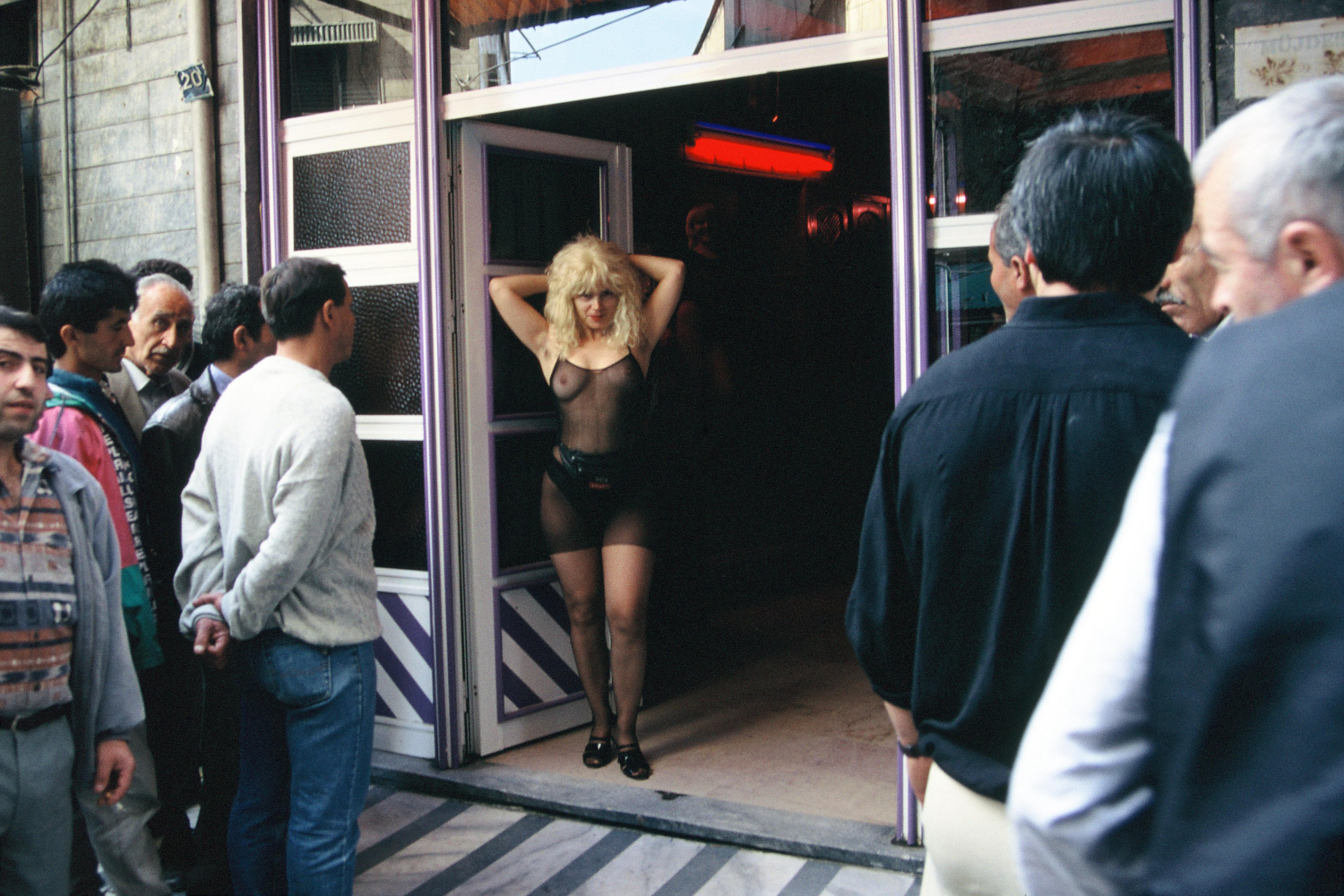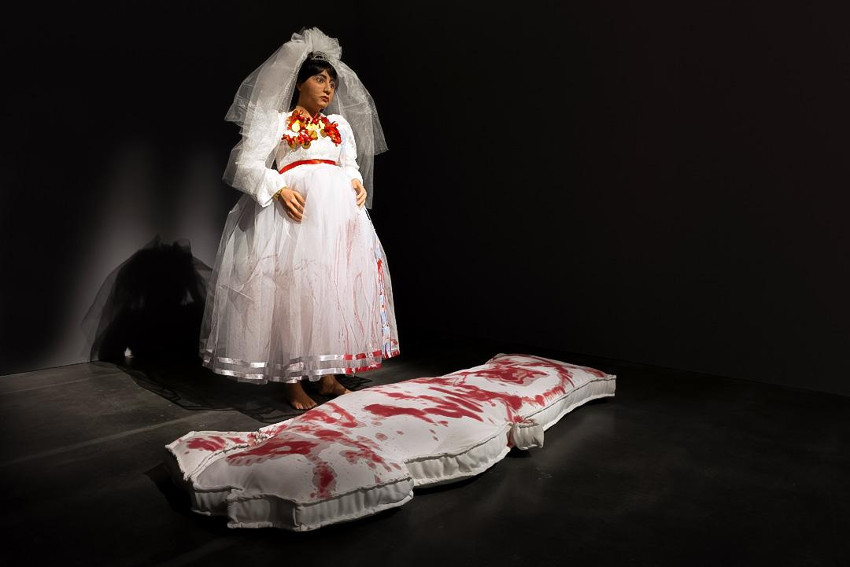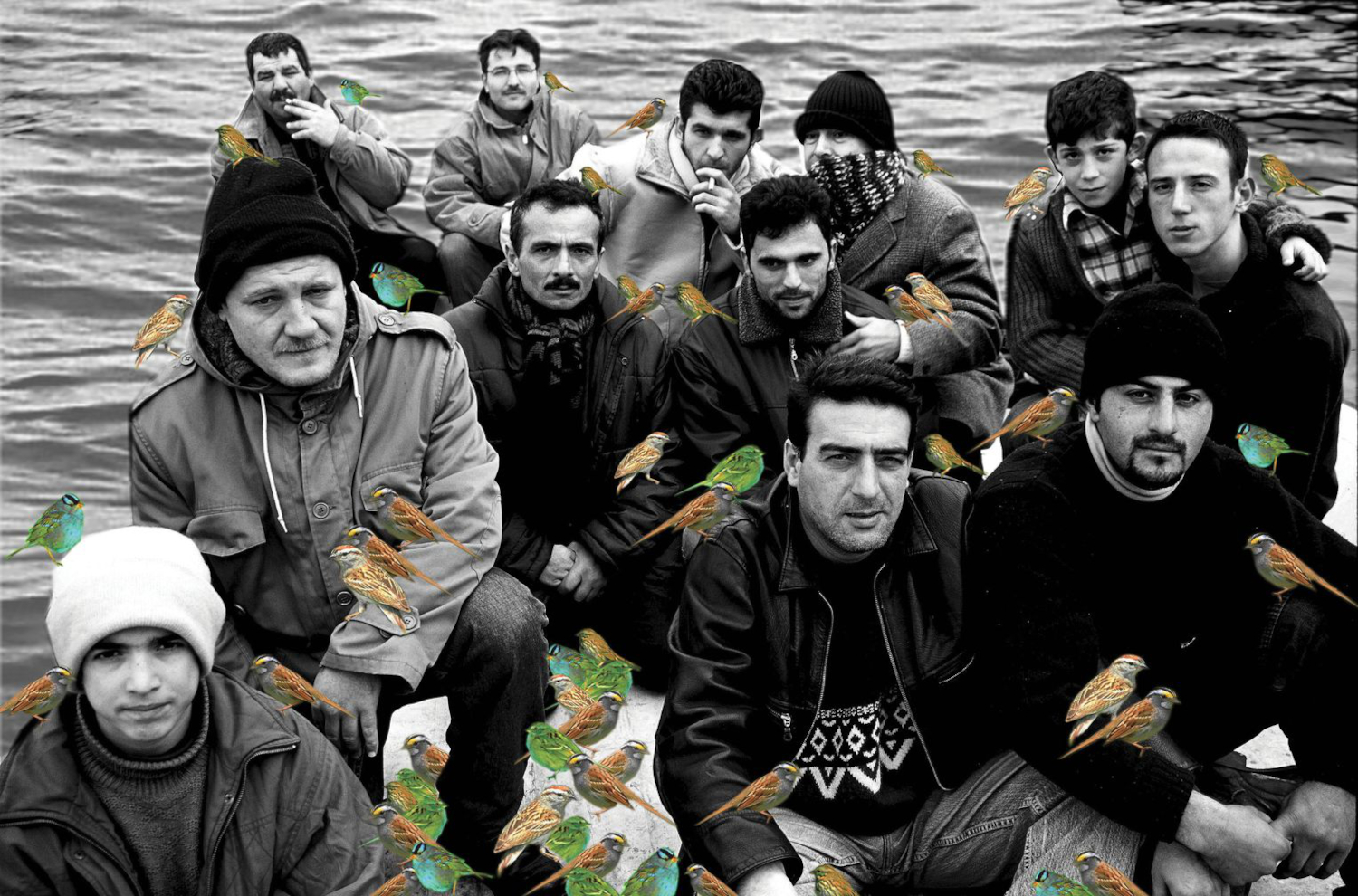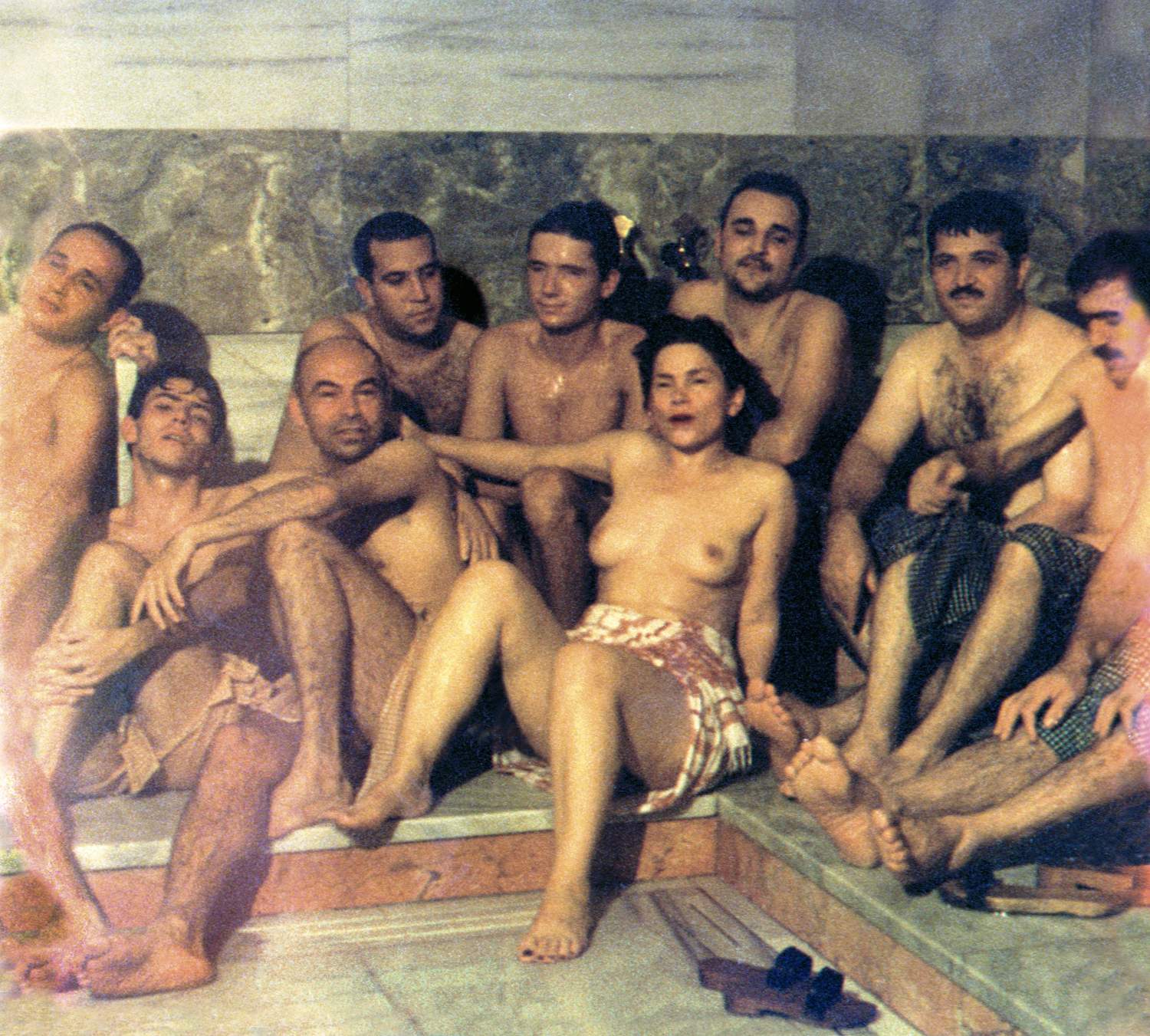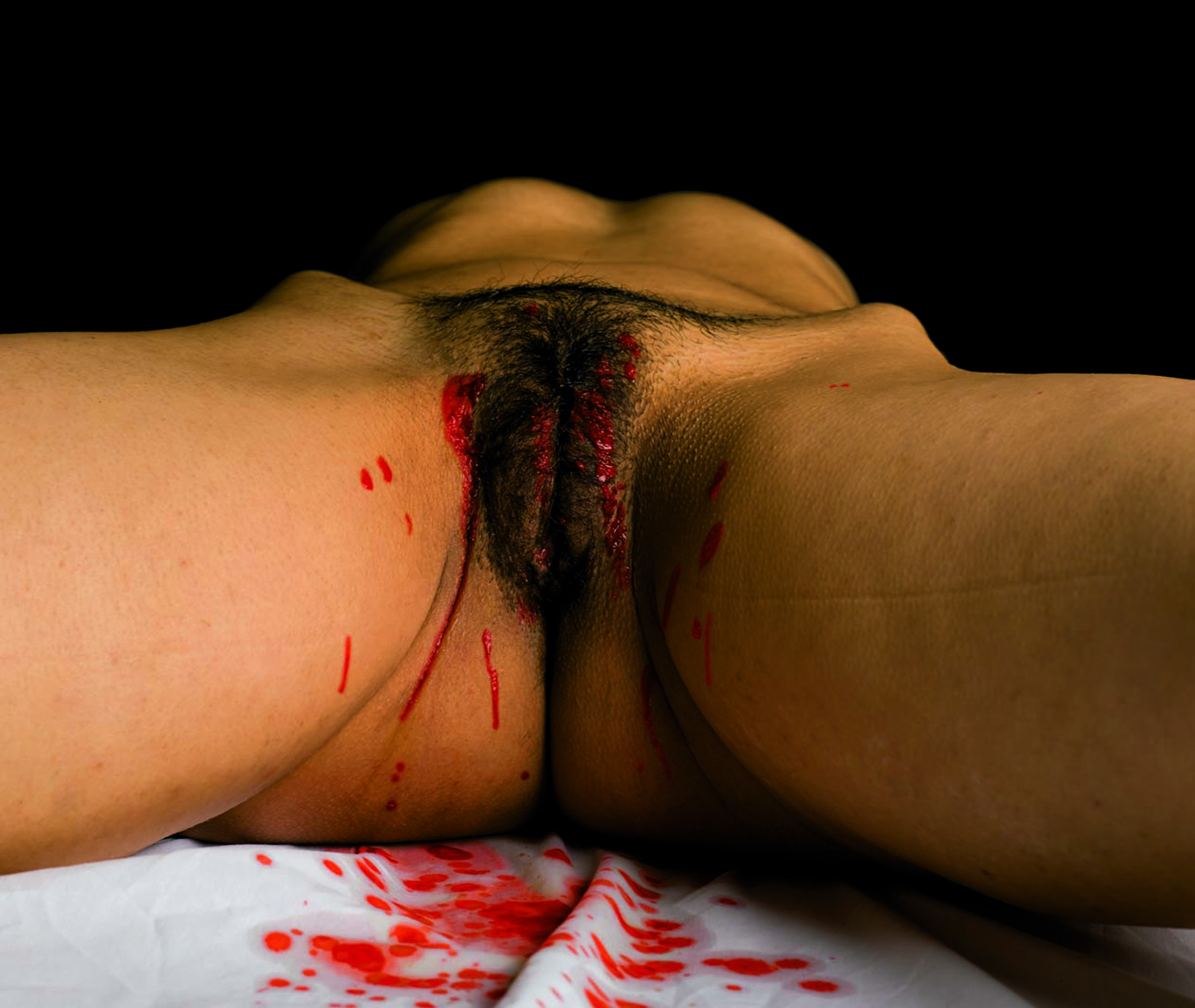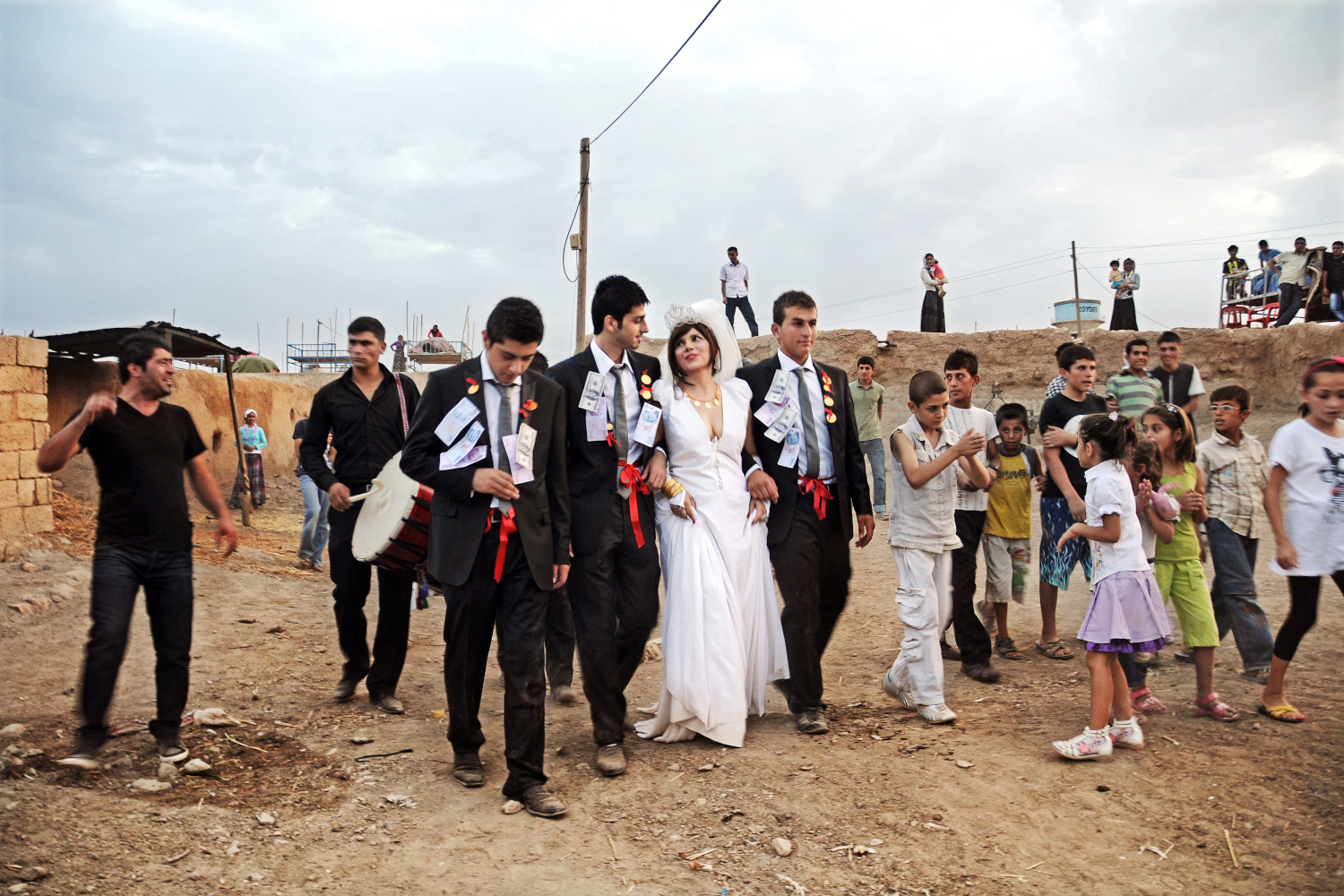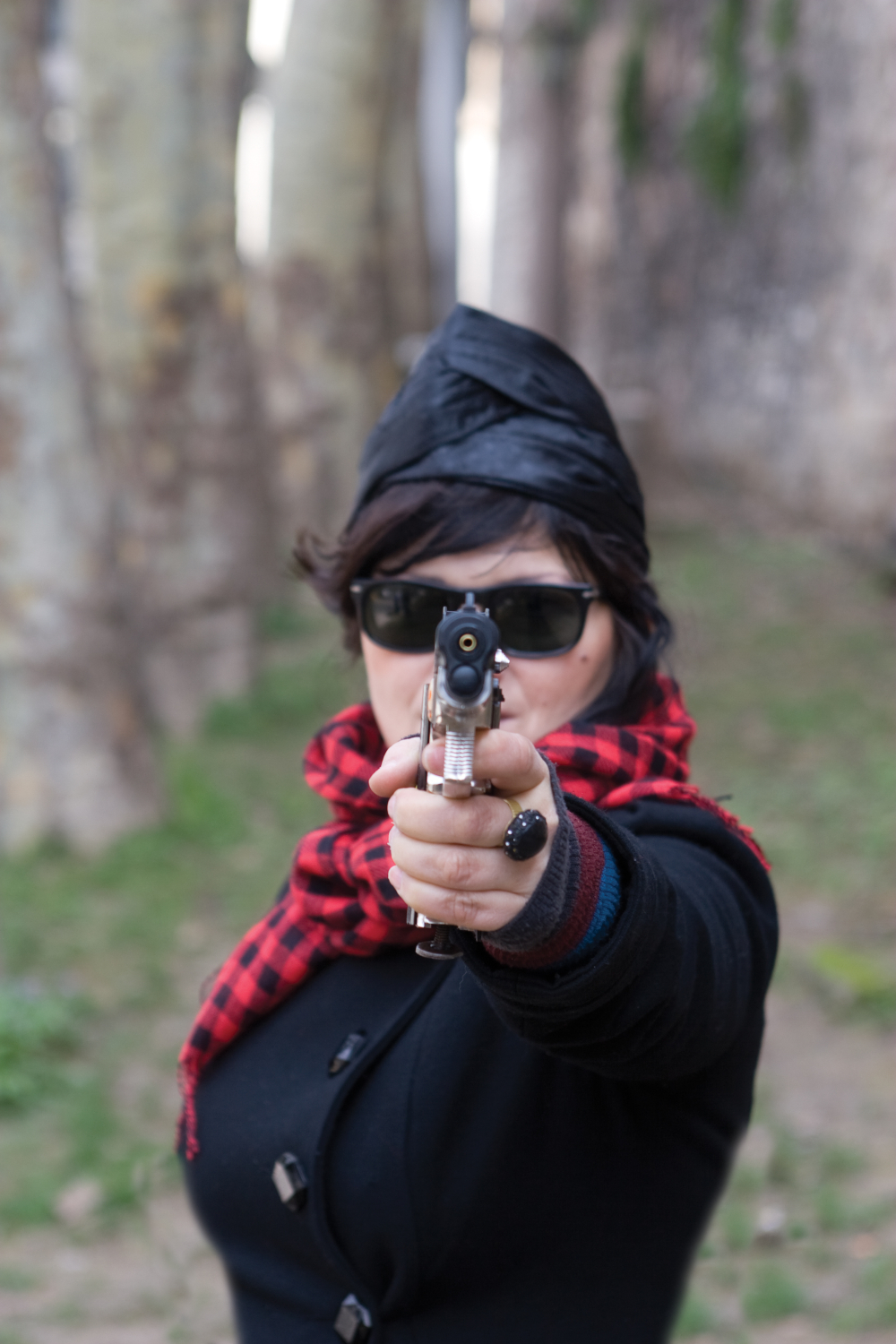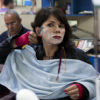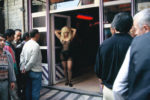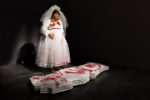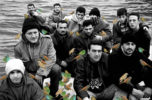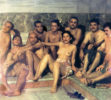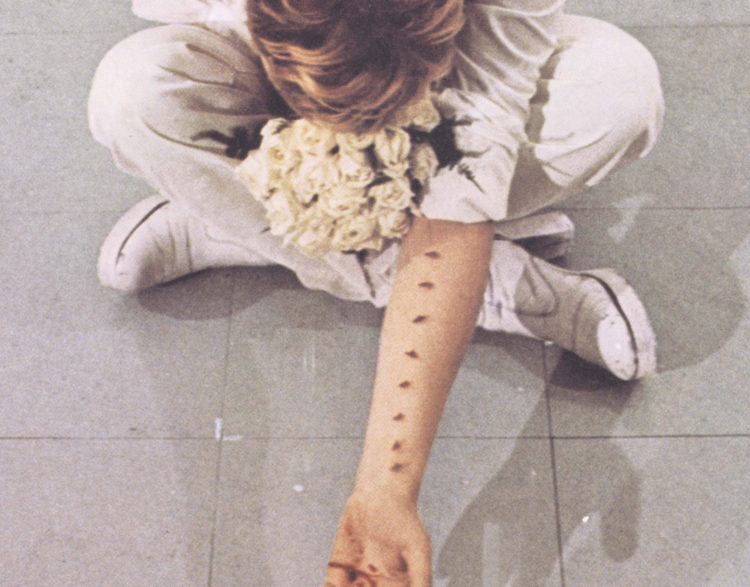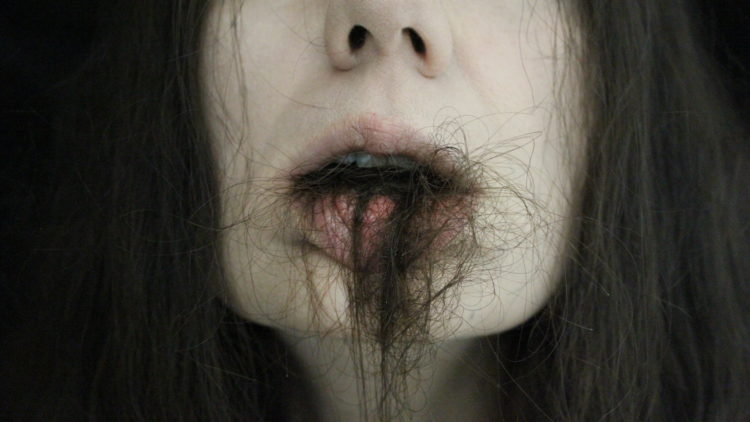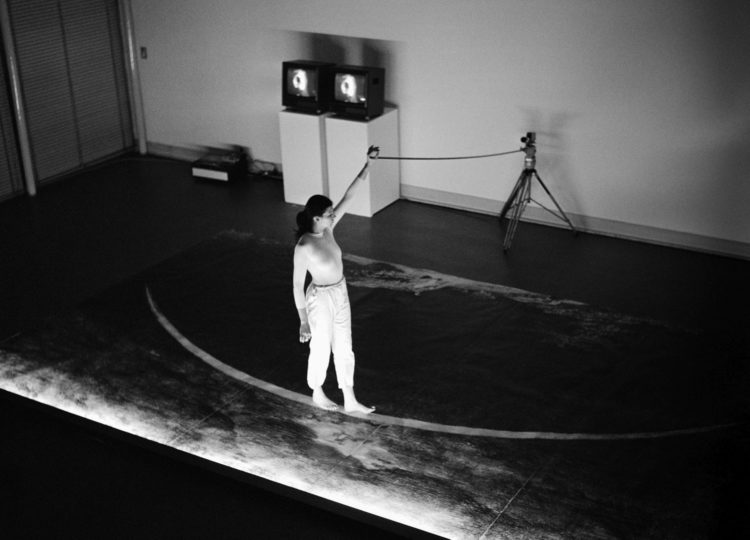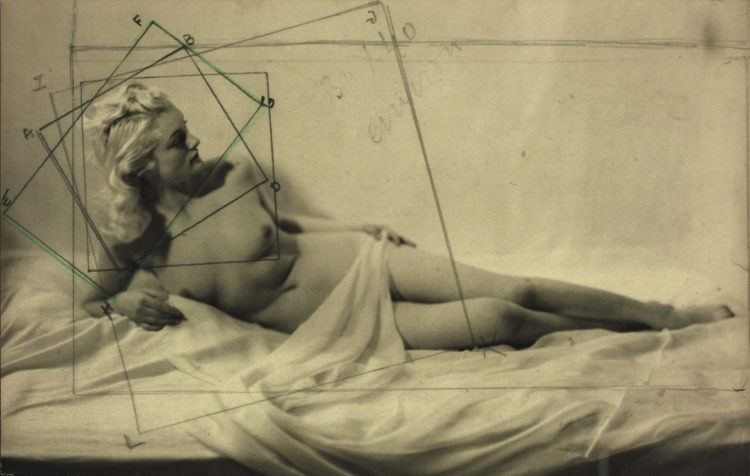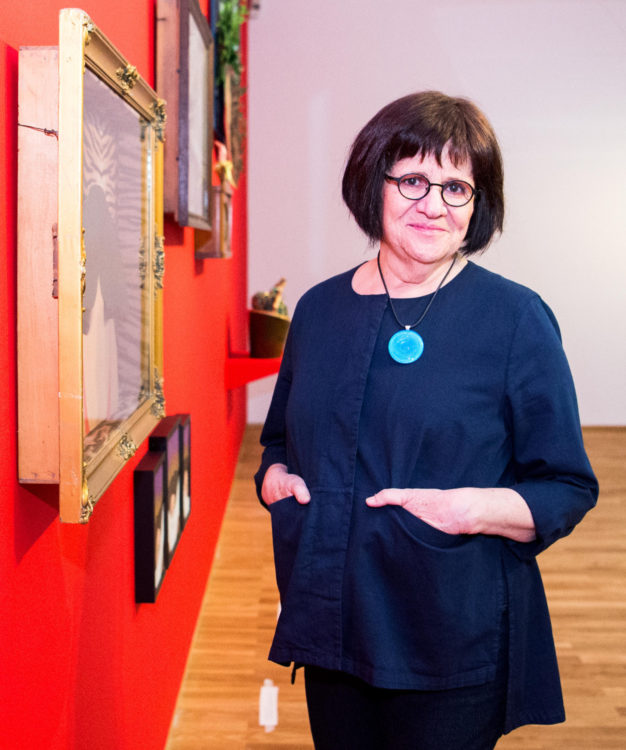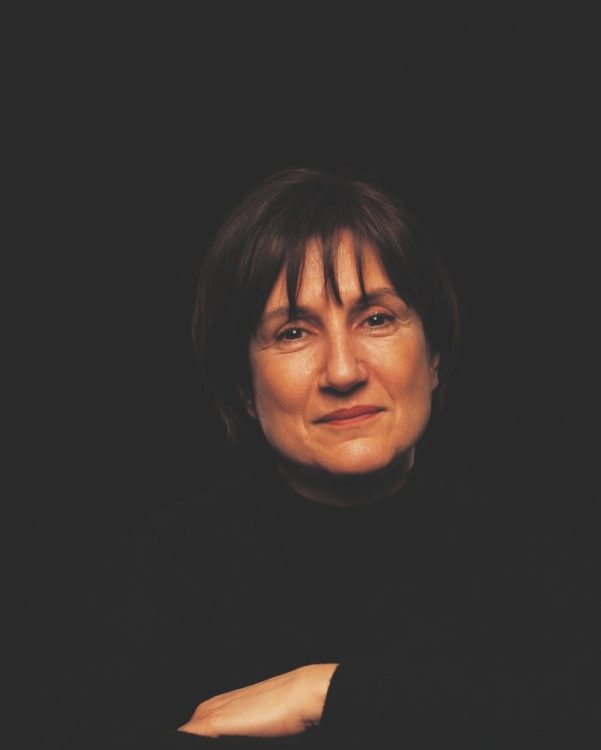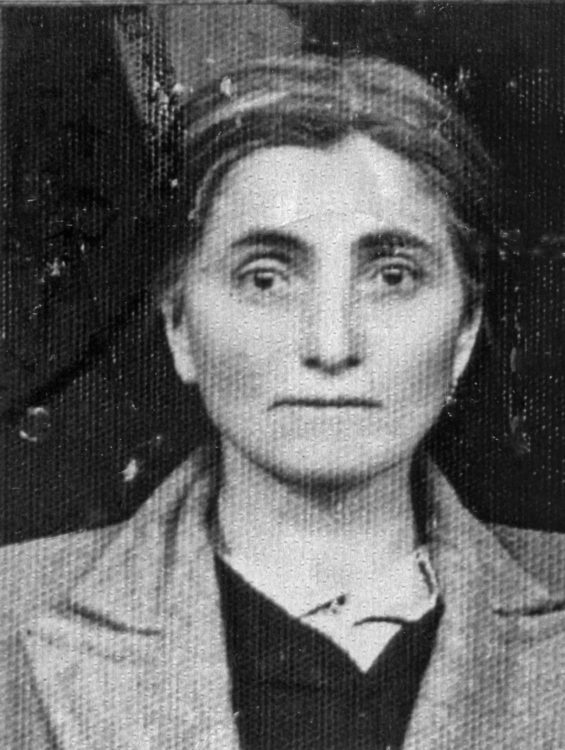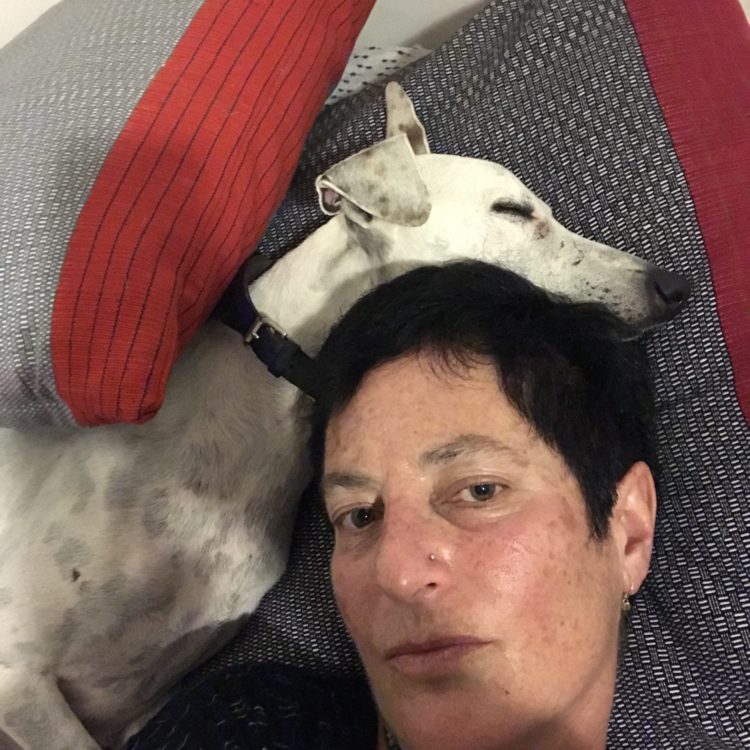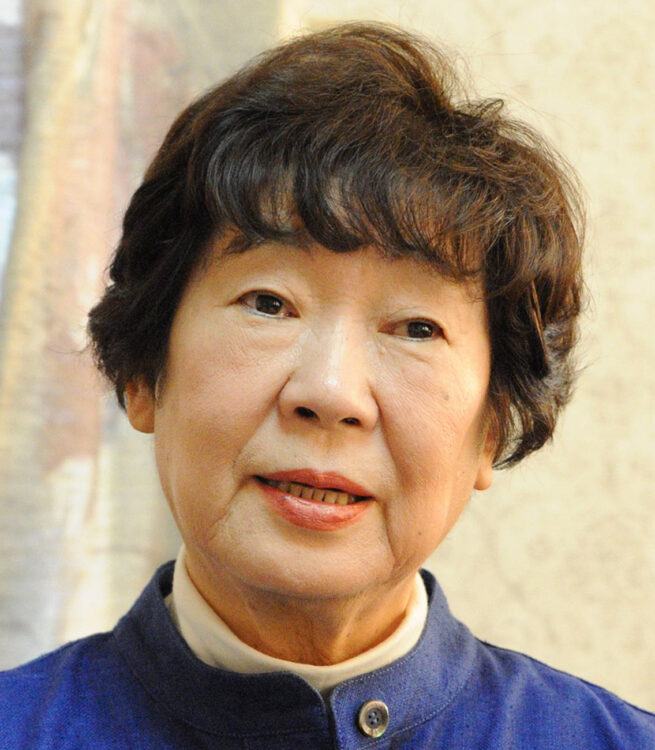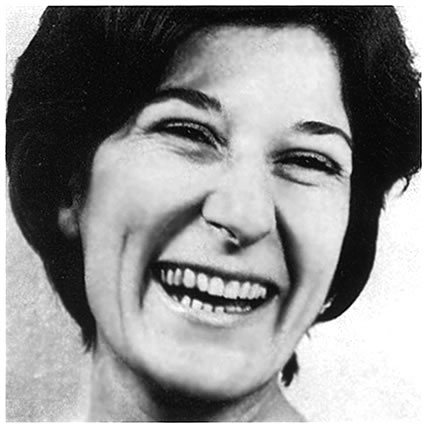Şükran Moral
Lux, Simonetta and Mania, Patrizia, Şükran Moral: Apocalypse, Roma, Gangemi, 2005
→Lux, Simonetta and Çalikoglu, Levent, Şükran Moral: Love and Violence, Istanbul, Yapı Kredi Cultural Activities, Arts and Publishing, 2009
→Despair & Metanoia: Şükran Moral and Valie Export, Istanbul, Gallery Zilberman Publications, 2013
Şükran Moral – Peace… Fucking Fairytale!, Galleria BND Tomaso Renoldi Bracco Contemporary Art Vision, Milan, 8 May – 15 July 2007
→Love and Violence, Yapı Kredi Kazım Taşkent Art Gallery, Istanbul, 27 March – 3 May 2009
→Despair & Metanoia: Şükran Moral and Valie Export, Gallery Zilberman, Istanbul, 12 September – 26 October 2013
Turkish performance, installation and video artist.
Born in the small town of Terme on Turkey’s Black Sea coast, Şükran Moral was raised in a conservative, working-class family. From an early age, she worked in manual jobs, including at Istanbul’s Haliç Shipyards, while involved in the socialist class struggle and the revolutionary movement of the early 1980s. During the same period she wrote for art magazines and made a name for herself as an art critic. Ş. Moral completed a degree in arts education at Ankara University. After moving to Italy in 1989 she also studied painting at the Accademia di Belle Arti di Roma. Her recognition as an artist came in the mid-1990s when she produced her most prominent performances, which explored taboo subjects such as female sexuality and sex work in Turkey.
As a self-proclaimed feminist artist, Ş. Moral creates works that expose entrenched views around gender equality, gender identity and sexual freedom, raising awareness for problematic issues like gender-based violence and abuse. The artist’s criticism of patriarchal society’s double standards reflects that overlapping forms of discrimination and oppression operate everywhere. Correspondingly, her early performances see her slipping into roles where she interrogates accepted gender roles and identities: spending a day as a sex worker in a brothel for Bordello (1997) or paying a visit to a male-only communal bathhouse as a customer for Hammam (1997). Both performances were deemed controversial. At the 5th International Istanbul Biennial, Ş. Moral showcased her piece Speculum (1997), in which she stretched out on a gynaecology examination table with her legs spread open. In front of her vagina was a television that played the well-documented performances Bordello and Hammam, laying bare the social realities through the gendered experiences of a woman. In the face of attempted censorship, the artist eventually ruled out exhibiting certain of her works in Turkey, such as TransIstanbul (1998), a series of photographs that offered a glimpse of the lives of Istanbul’s transwomen. Whereas after staging Amemus (2010), in which the artist was involved in an erotic lesbian performance, she received death threats from conservative groups.
After moving to Italy, Ş. Moral has continued producing works that exposed the intersecting modes of inequality, also focusing on issues of xenophobia and immigration. One such work, Married with Three Men (1998/2010) is a satirical video-performance that stages the artist’s wedding to three Italian citizens. Based on the immigration advice Ş. Moral received at the time, the performance shows the artist marrying just to be granted indefinite leave in the country. This work also turns the ordinary view of polygamy on its head. A later work titled Despair (2003) portrays a group of refugees in a small boat. Crystallising the unfairness and brutality of immigration policies, this piece seeks to put a human face to immigrants.
Ş. Moral has been invited to exhibit in major galleries, and her work has been included in the collections of the British Museum and the Victoria and Albert Museum in London, as well as the Istanbul Museum of Modern Art and ARTER Istanbul among others.
A notice produced as part of the TEAM international academic network: Teaching, E-learning, Agency and Mentoring
© Archives of Women Artists, Research and Exhibitions, 2022


